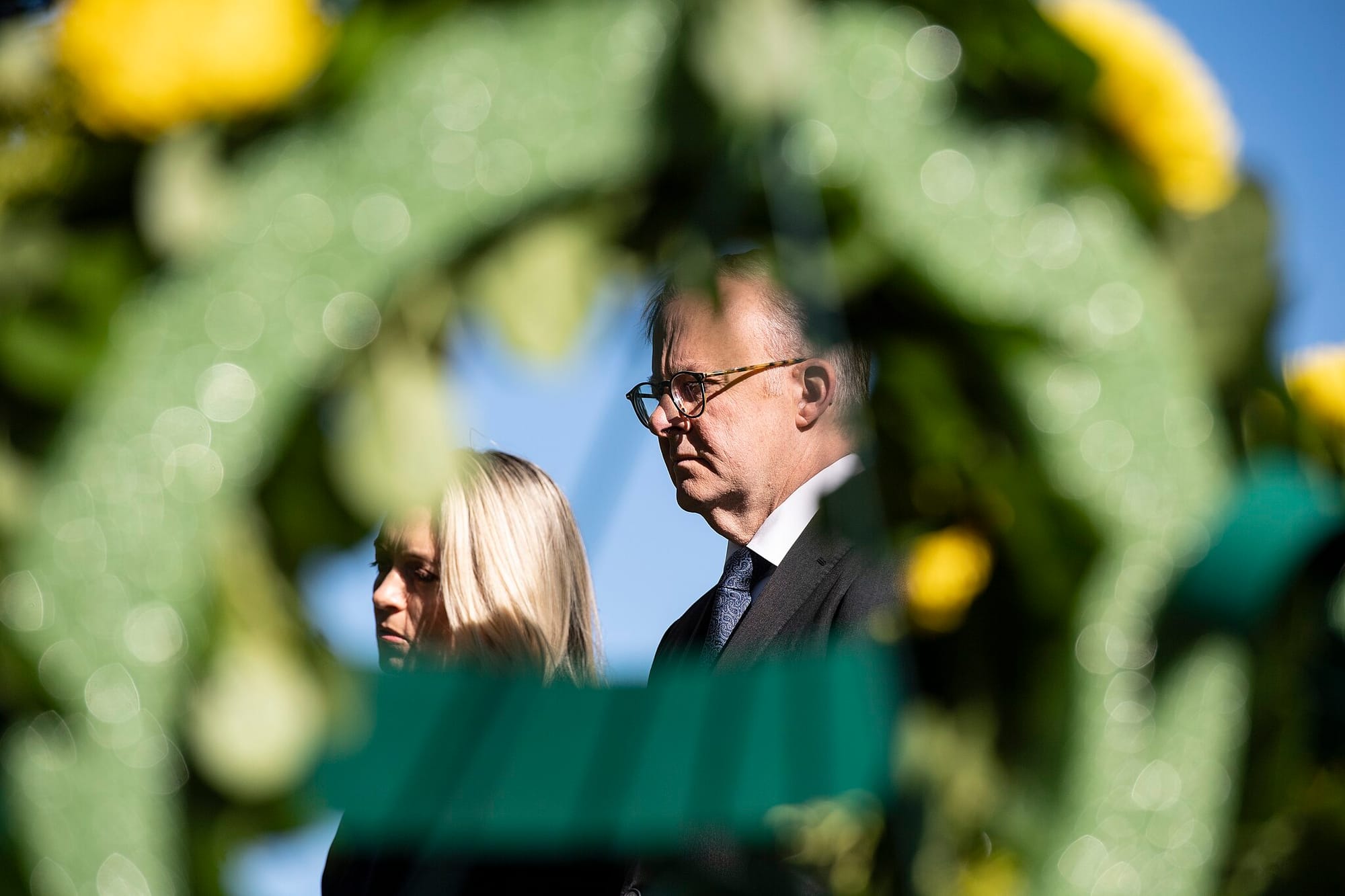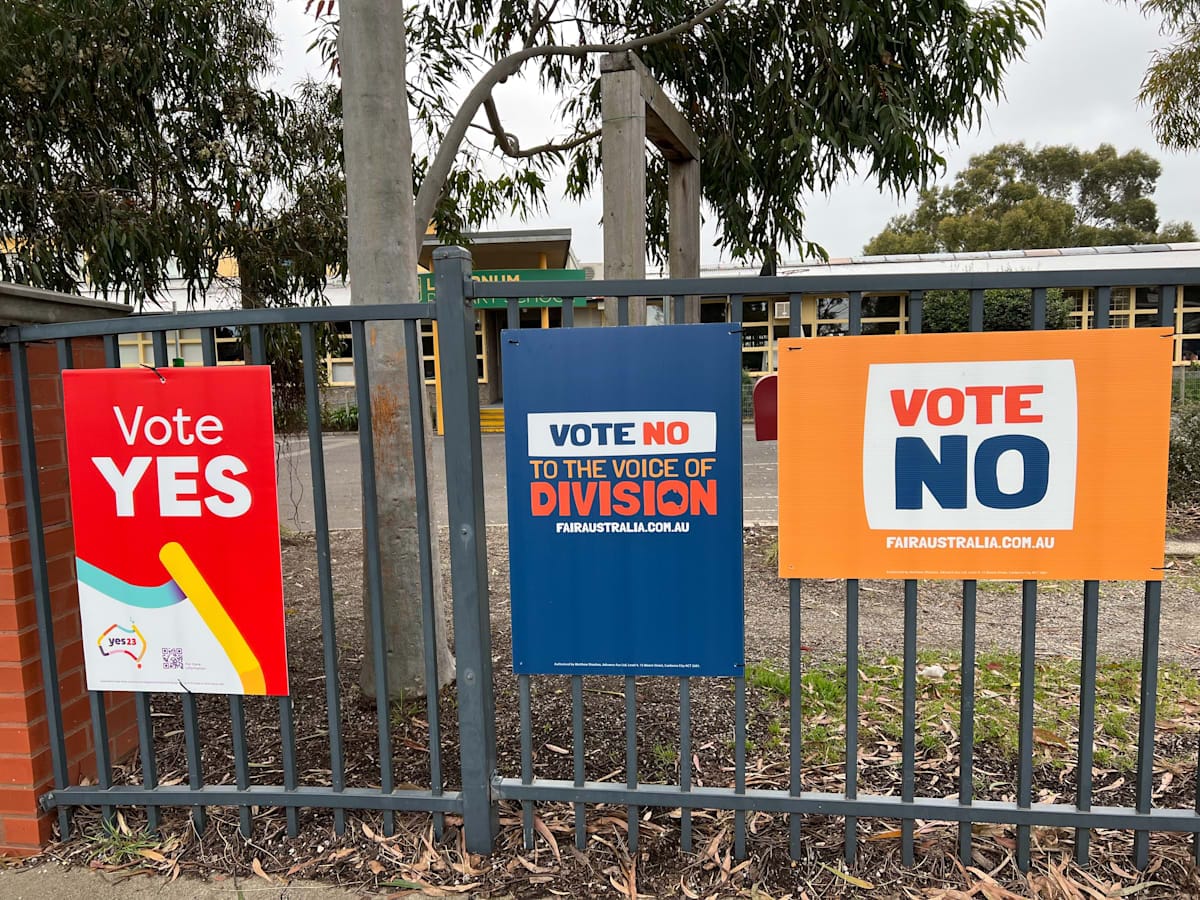
Opportunities and renewal comprised the theme of Australian politics in 2023 – the country took further strides away from its COVID-19 restrictions, while Prime Minister Anthony Albanese’s Labor government began its first full year in power.
Albanese set the course for 2023 back in May 2022, when, just hours after leading Labor to a federal election victory, he said he wanted to “change the country, and change the way that politics operates in this country”.
Despite these lofty ambitions, persistent policy and political challenges remain.
Looking at the year ahead, the Labor government faces economic headwinds and a housing crisis that’s provided political ammunition for rival parties across the spectrum.
After an overwhelming “No” vote on the Indigenous Voice to Parliament referendum – rejecting the Prime Minister’s high hopes and heavy campaigning – Albanese has his work cut out if he’s to regain enough public support to win another election, which could come as soon as August.
The economy and housing
In early 2023, the government appeared optimistic about tackling concerns regarding the rising cost of living. Inflation was trending downwards in Australia, with data from each quarter throughout the year lower than the previous quarter.
Nonetheless, prices for items such as food and petrol remained prominent issues.
The Reserve Bank of Australia’s decision to increase interest rates also had a major effect on housing affordability for owner-occupiers, as well as renters.
Read more: Federal budget 2023-24: Lean, mean, with much less green, but back in black
Despite some hope rate rises would be avoided, the Reserve Bank lifted the cash rate throughout the year by a total of 1.25%.
This gave minor parties new opportunities to advance their policy programs.
The Australian Greens, for example, have campaigned strongly on housing affordability during this term of Parliament. Arguing that existing policies are failing, the Greens have said a million new homes need to be built.
The Greens’ campaign messaging may resonate with many voters who are frustrated with the costs and availability of housing.
The Voice to Parliament
The Prime Minister was also optimistic about changing the Australian Constitution. In his election victory speech in May 2022, Albanese spoke about responding to the Uluru Statement from the Heart by enshrining an Indigenous Voice to Parliament through a referendum.
The initial signs were positive. At the start of 2023, some opinion polls had support for the Voice at more than 60%.
But as the year progressed, that number fell. By late August, when Albanese announced a date for the referendum, many polls had support slipping beneath 50%.
The final result for the 14 October referendum saw a national “No” vote of 60%. None of the states had a majority vote for “Yes”. The closest, Victoria, was 46%, while in Queensland, a national high of 68% voted against the referendum question.
For a Labor government that campaigned vigorously for changing the constitution, the result was crushing.
The referendum also became a double-edged sword for the government, especially during the final weeks of campaigning, as its own policy agenda was overshadowed by the referendum.

Heading into 2024
The Albanese government faces significant economic and policy challenges as the new year arrives. Throughout 2023, opinion polls showed Labor comfortably ahead in the all-important two-party preferred measure.
In the Newspoll in March 2023, Labor led the Coalition 54% to 46%. For perspective, that’s a two-point improvement on the election result, which awarded Labor 77 of the 151 seats in the House of Representatives. By November 2023, that lead had evaporated, and Labor and the Coalition were each at 50%.
The 2022 results are also a reminder many voters are open to supporting non-major party candidates. At the last federal election, the Greens won four seats, alongside 12 independents.
The next few months will be crucial for the Albanese government in resetting its policy agenda and gaining the support of voters. The fact the next general election can be held from August 2024 will mean the government won’t have time to waste.
While the Albanese government sought to change the country and the way in which politics operates in Australia, it appears there’s still much work to be done to convince the electorate to support the government once more in 2024.
This article was originally published under Creative Commons by 360info™.





